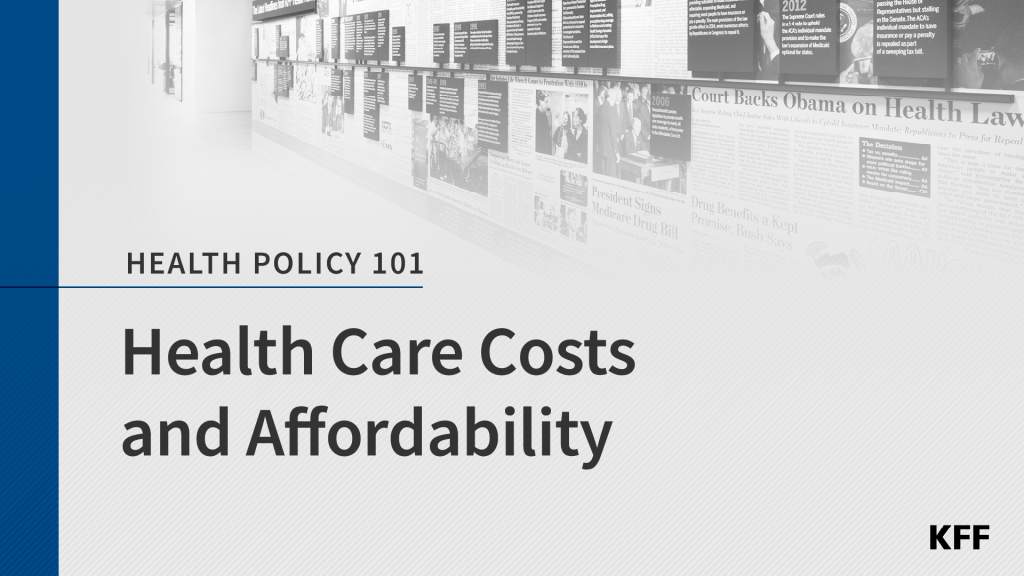New Analysis Finds High Out-of-Pocket Spending Increased for People Covered by Large Employer Plans
A new Kaiser Family Foundation analysis finds about one in four people (24%) covered by large employer plans spent more than $1,000 out-of-pocket on health care in 2015, an increase of seven percentage points from 17 percent in 2005.
